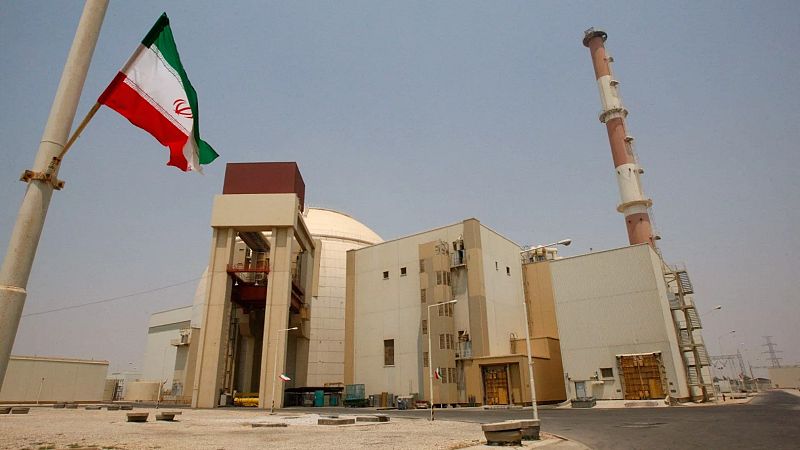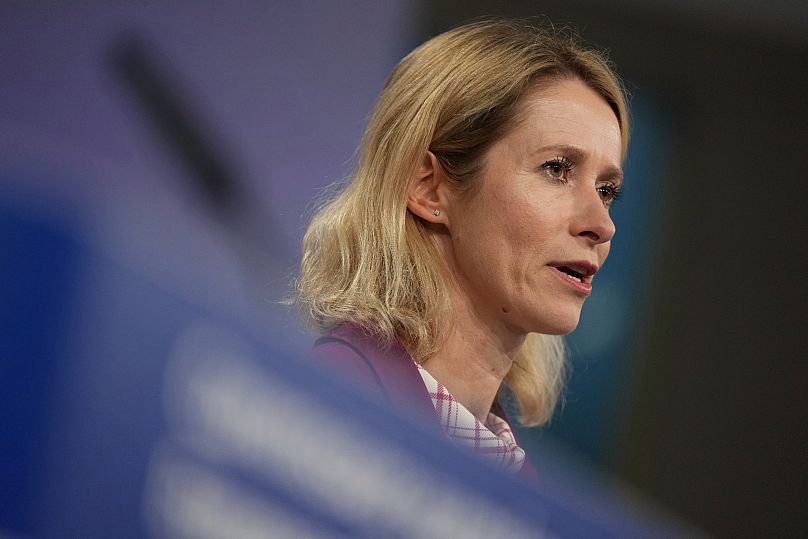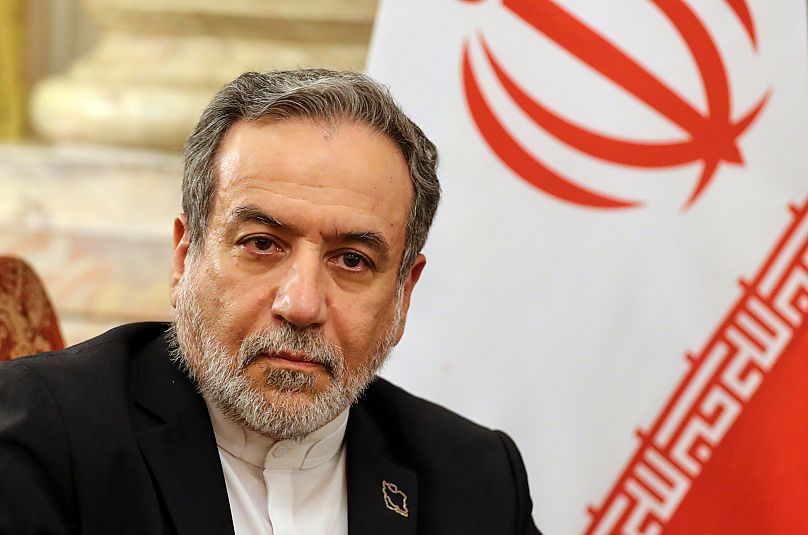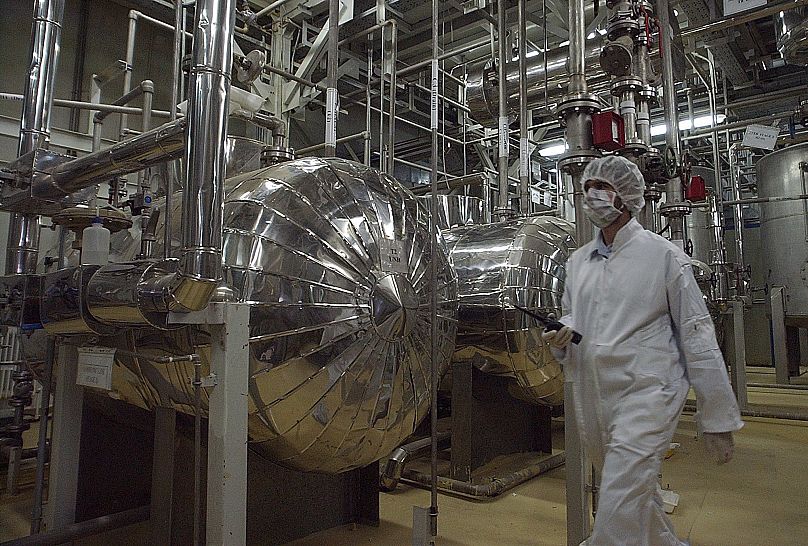
European officials told Iran on Wednesday that it had yet to take the necessary steps to stop United Nations sanctions being reimposed over its nuclear programme, warning time was running out.
The comments from the German Foreign Ministry and the European Union came after a call Iran had Wednesday with representatives of France, Germany and the United Kingdom, as well as the EU's top diplomat, Kaja Kallas.
"The window for finding a diplomatic solution on Iran’s nuclear issue is closing really fast," Kallas warned in a statement.
"Iran must show credible steps towards addressing the demands of France, (the) UK and Germany, and this means demonstrating full cooperation with the International Atomic Energy Agency and allowing inspections of all nuclear sites without delay."
The German Foreign Ministry separately wrote on the social platform X that "Iran has yet to take the reasonable and precise actions necessary" to stop the reimposition of the so-called snapback sanctions.

In a statement issued hours later, Iranian Foreign Minister Abbas Araghchi again asserted that the slapping UN sanctions back on Tehran was "lacking any legal or logical justification."
He also pointed to the fact that Iran and the IAEA had reached a deal mediated by Egypt to grant the UN nuclear watchdog access to all Iranian nuclear sites and for Tehran to report on the whereabouts of all its nuclear material.
However, it remains unclear when Iran will make that report. And in his statement, Araghchi offered no other routes to satisfying the concerns from Europe.
“It is now up to the other parties to seize this opportunity to keep the diplomatic path open and avert an avoidable crisis, showing seriousness and belief in diplomacy,” he said.

Strikes on Iran
A 12-day conflict launched by Israel against Iran in June saw both the Israelis and the Americans bomb Iranian nuclear sites, throwing into question the status of Tehran's stockpile of uranium enriched to near weapons-grade levels.
The process to reimplement sanctions on Iran, termed a snapback by the diplomats who negotiated it into Iran’s 2015 nuclear deal with world powers, was designed to be veto-proof at the UN.
It will take effect at the end of September unless the Security Council agrees to stop it.
It will again freeze Iranian assets abroad, halt arms deals with Tehran and penalise any development of Iran's ballistic missile program, among other measures, further squeezing the country’s reeling economy.

Using the snapback mechanism will likely heighten tensions between Iran and the West in a region still reeling over the Israel-Hamas war in Gaza, particularly after Israel began its latest ground offensive targeting Gaza City.
The landmark 2015 nuclear deal with Iran, known as the Joint Comprehensive Plan of Action (JCPOA), saw Tehran receive sanctions relief in return for limits on its nuclear activities.
That agreement all but collapsed after President Donald Trump withdrew the United States from it in 2018, slamming it as "the worst deal ever negotiated" and reimposing what he called a "maximum pressure" campaign of sanctions on Iran.







